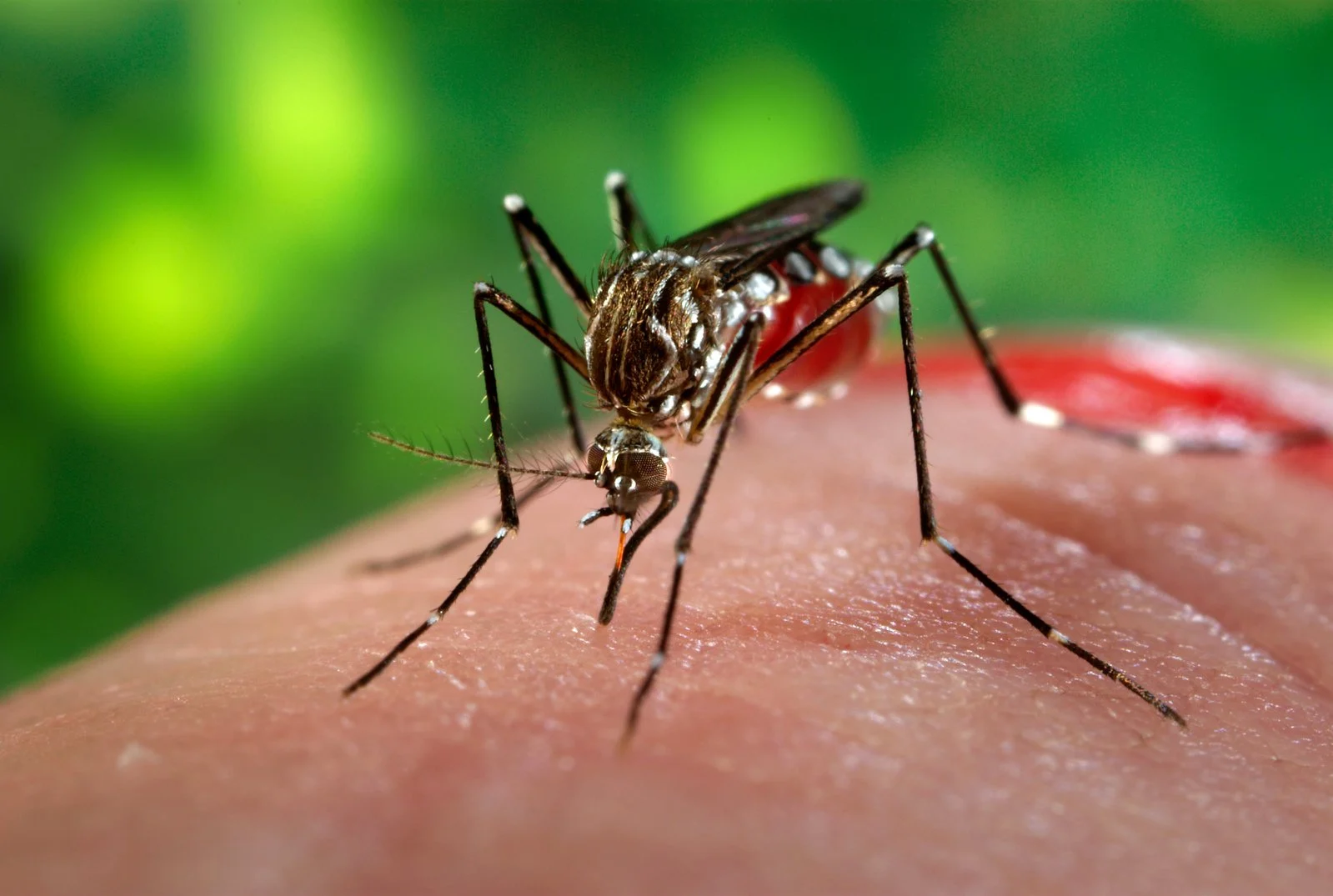
08 Feb Where Do Mosquitoes Go in the Winter?
Mosquitos are known for causing all sorts of problems. They’re annoying, they can cause Dengue Fever and Zika Virus, and they are the reason that many people don’t like to spend time outdoors during the warmer months of the year.
It isn’t any wonder why some people welcome winter as a reprieve from these pests. However, while many believe mosquitoes die upon the arrival of winter, this simply isn’t the case. Read on to learn more about the life cycle of seasonal mosquitos and how you can prevent them from becoming a problem in the spring.
Mosquito Life Cycle
Mosquitos prefer temperatures of 72 degrees Fahrenheit or higher. This is because they need water to breed, and they find it through plants and animals. When winter begins, there are fewer of these hosts around, so mosquito larvae survive by going into hibernation.
As temperatures begin to fall, some types of female mosquitos hibernate in animal burrows, basements, or hollow logs and survive the winter in a state of torpor. Once spring comes, these females emerge from hibernation, feed on blood, and lay their eggs.
Other types of adult female mosquitos have hardy eggs. When temperatures begin to fall, they deposit their final batch of eggs in containers holding water. They aren’t picky about where they leave their eggs; anywhere containing as little as a half-inch of water is all they need. The adults will die once temperatures reach 50 degrees Fahrenheit, but the eggs enter a state of diapause where their development is suspended. Once temperatures rise and rainfall starts up again during the spring, the eggs are re-submerged in water and hatch.
Preventing Mosquito Bites
The best way to prevent mosquito bites during the warmer months is to mosquito-proof your home now. Check your home’s outdoor areas for any items that hold water, such as:
- Flowerpots
- Grill covers
- Birdbaths
- Tire Swings
- Garbage can lids
Any object that collects water can become a nesting area for mosquito larvae, so be sure to empty them frequently.
Homeowners should also repair leaky pipes or faucets outside their home, unclog gutters, and ensure trash cans are tightly sealed. Additionally, you can drill holes in the bottom of objects like tire swings or wheelbarrows to allow water to drain from them. The goal here is to eliminate any standing water from your property so that when spring arrives, you and your family aren’t bombarded by newly hatched mosquitos.
In areas that don’t get much cold weather, such as Texas, Hawaii, Arizona, Southern California, and Florida, you may wish to apply an insect repellent when spending time outside. When choosing an insect repellent, use one containing at least 20% DEET or oil of lemon eucalyptus, and make sure to apply it as directed on the label.
If you’re taking preventative steps to safeguard against mosquitoes, these pests shouldn’t affect your winter enjoyment. Reach out to Proctor Pest Control today to learn more about protecting your family from mosquitoes.



